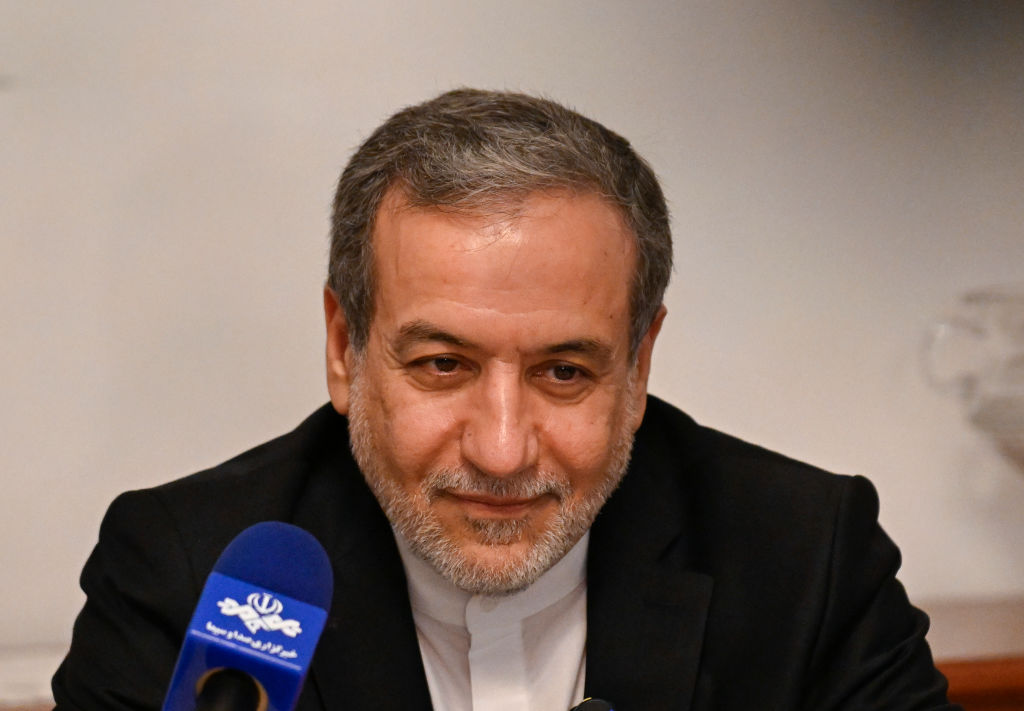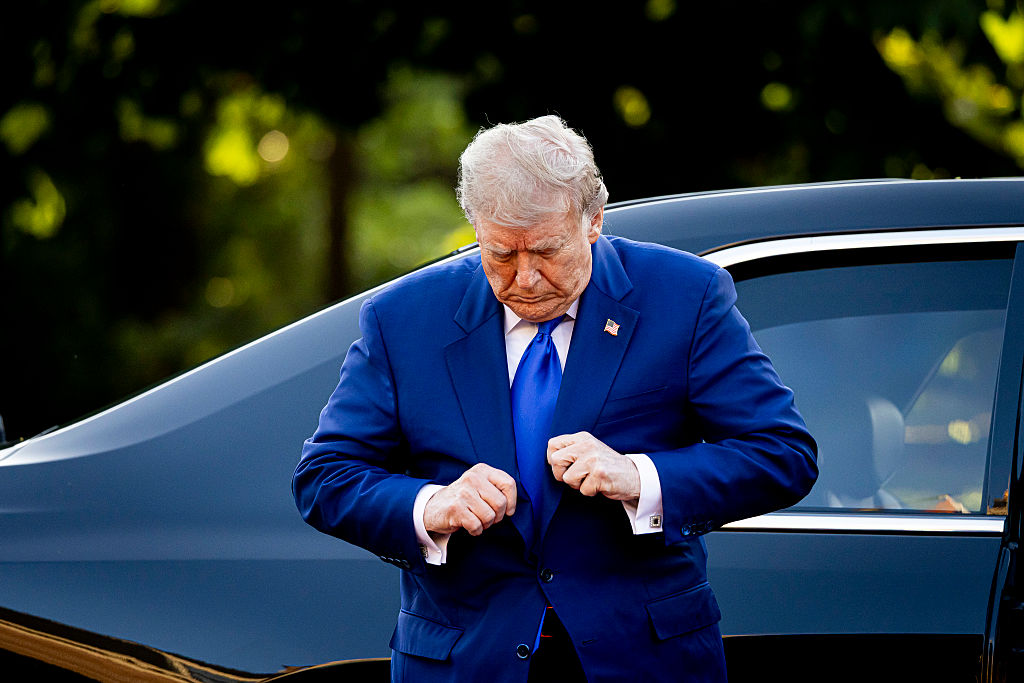Ukrainian President Volodymyr Zelensky has completed a major government reshuffle, replacing his prime minister and defence minister and nominating a new ambassador to the US.
Ukrainian lawmakers from the ruling party and opposition were unexpectedly united in their assessment of the latest government reshuffle — neither group said they expected much change.
“In reality, there is no personnel change in the government,” Yaroslav Yurchyshyn, a lawmaker from the Holos party, told the Kyiv Independent on July 17, the day of the parliamentary vote on the new cabinet.
Zelensky, though, delivered the biggest government shake-up since Russia’s full-scale invasion as the country faced a pressing need to find more money for its defence following failed diplomatic efforts to end the war, according to Bloomberg.
Deputy Prime Minister and economy minister Yulia Svyrydenko was appointed as the new Premier in a cabinet stacked with presidential loyalists, many with experience of working with the administration of US President Donald Trump.
She will replace Denys Shmyhal as Prime Minister, becoming the second woman to hold the position in Kyiv’s history and the first new head of government since Russia launched its full-scale invasion of Ukraine in February 2022.
The 39-year-old gained international recognition in recent months by negotiating the US-Ukraine critical minerals deal, which granted Washington access to Ukrainian rare earths and other natural resources as well as establishing a jointly managed reconstruction fund for Kyiv, US news outlet FP reported.
Serhiy Marchenko and Andrii Sybiha continue their roles as finance minister and the country’s top diplomat.
The reshuffle reflected Ukraine’s effort to increase spending on its war effort and to strengthen — at times — strained relations with the Trump administration.
“The two main challenges are weapons and money,” said Volodymyr Fesenko, head of the Penta Research Institute in Kyiv.
“How effectively the government can respond to them will largely determine whether we can withstand the Russian invasion next year.”
Trump on July 14 pledged fresh weapons supplies to Kyiv that would be paid for by NATO allies, mainly from Europe. He also threatened harsh economic penalties on Russia if President Vladimir Putin did not end his war within 50 days.
The announcement offered hope of stronger support following a series of extensive Russian drone and missile strikes on Ukrainian cities.
On July 16, Ukraine’s parliament backed a bill amending the 2025 budget to boost defence spending by 412 billion hryvnia (€8.6 billion) this year. The country faced a €34.4 billion shortfall to cover social spending, including next year’s salary and pension payments, for which it needs external financing, according to AFP.
Svyrydenko has gained clout from previous work with the US, which put her in a good position to spearhead Ukraine’s drive for more economic support, Fesenko said.
Zelensky also proposed Olha Stefanishyna as envoy to the US, praising her “successful work” in building ties with Washington in her role as Deputy Prime Minister in charge of European and Euro-Atlantic Integration. Like Svyrydenko, she also worked on the minerals deal with the US.
The reshuffle regrouped Ukraine’s arms industry under the defence ministry, which will now be led by former prime minister Denys Shmyhal.
The newly expanded defence ministry remit reflected the growing importance of Ukraine’s domestic arms production, which currently covered 40 per cent of what its forces used on the battlefield.
While Ukraine’s defence procurement budget was around €10.3 billion, the country’s industry has the capacity to produce military hardware worth three times that amount. But it lacks sufficient funding.
Ukraine’s domestic weapons production must increase to make up 50 per cent of the military’s equipment during the first six months of the new government, Zelensky said in a social media post on July 16, Bloomberg reported.
Weapons production will remain a key driver of growth but a major challenge will be to stimulate economic growth in non-military sectors during wartime, said Olena Bilan, chief economist at the Kyiv-based investment bank Dragon Capital.
“I view it positively that technocrats who have proven their effectiveness in previous roles are being promoted,” Bilan said, according to AFP, of the government’s reshuffle, pointing to the urgent need to guarantee continued external financing.
“We don’t understand the motivation behind this government shake-up,” said opposition lawmaker Mykola Kniazhytskyi of the European Solidarity party.





